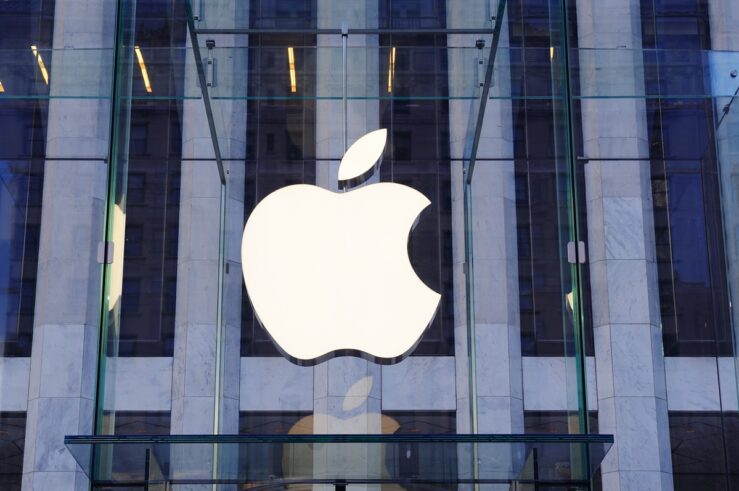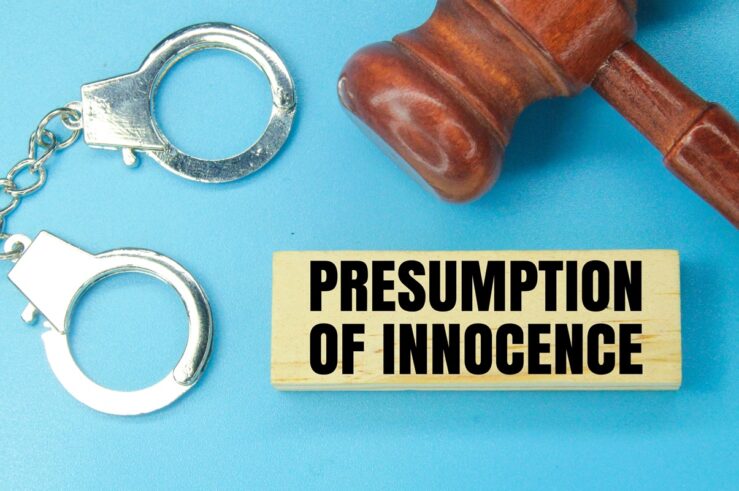Showing archive for: “Monopolization”
DOJ’s Case Against Apple: Beware of Forcing ‘Efficiencies’
The U.S. Justice Department’s (DOJ) recent complaint charging Apple with monopolizing smartphone markets is, according to Assistant U.S. Attorney General Jonathan Kanter, intended as a contribution to the agency’s “enduring legacy of taking on the biggest and toughest monopolies in history.” Unfortunately, the case has fundamental weaknesses in its assessment of both Apple’s alleged monopoly ... DOJ’s Case Against Apple: Beware of Forcing ‘Efficiencies’
The Missing Element in the Google Case
Through laudable competition on the merits, Google achieved a usage share of nearly 90% in “general search services.” About a decade later, the government alleged that Google had maintained its dominant share through exclusionary practices violating Section 2 of the Sherman Antitrust Act. The case was tried in U.S. District Court in Washington, D.C. last ... The Missing Element in the Google Case
The View from Australia: A TOTM Q&A with Allan Fels
Allan, you have a remarkably high public profile in Australia and are known to most of the Australian population as ex-ACCC chair. Could you please give us a bit on your background and how you got into competition law? I did degrees in law and economics at the University of Western Australia and a PhD ... The View from Australia: A TOTM Q&A with Allan Fels
US v. Apple Lawsuit Has Big Implications for Competition and Innovation
The lawsuit filed yesterday by the U.S. Justice Department (DOJ) against Apple for monopolization of the U.S. smartphone market (joined by 15 states and the District of Columbia) has big implications for American competition and innovation. At the heart of the complaint is the DOJ’s assertion that: [Apple’s] anticompetitive acts include, but are not limited ... US v. Apple Lawsuit Has Big Implications for Competition and Innovation
Mi Mercado Es Su Mercado: The Flawed Competition Analysis of Mexico’s COFECE
Mexico’s Federal Economic Competition Commission (COFECE, after its Spanish acronym) has published the preliminary report it prepared following its investigation of competition in the retail electronic-commerce market (e.g., Amazon). The report finds that: there are elements to preliminarily determine that there are no conditions of effective competition in the Relevant Market of Sellers and in ... Mi Mercado Es Su Mercado: The Flawed Competition Analysis of Mexico’s COFECE
A Closer Look at Spotify’s Claims About Apple’s App-Store Practices
Following Monday’s announcement by the European Commission that it was handing down a €1.8 billion fine against Apple, Spotify—the Swedish music-streaming service that a decade ago lodged the initial private complaint that spawned the Commission’s investigation—published a short explainer on its website titled “Fast Five Facts: Facts that Show Apple Doesn’t Play Fair.” The gist ... A Closer Look at Spotify’s Claims About Apple’s App-Store Practices
The DMA’s Missing Presumption of Innocence
The EU’s Digital Markets Act (DMA) will come into effect March 7, forcing a handful of digital platforms to change their market conduct in some unprecedented ways. The law effectively judges them guilty (with a very limited, formalistic trial), and brands them “gatekeepers” based purely on size. It then sentences them to far-reaching, one-size-fits-all antitrust-style ... The DMA’s Missing Presumption of Innocence
Whose Failure Is the Failed Amazon/iRobot Merger?
The European Commission told Amazon in November 2023 of its preliminary view that the company’s proposed acquisition of iRobot restricted competition in the market for robot vacuum cleaners (RVCs) and could hamper rival RVC suppliers’ ability to compete effectively. The deal, the Commission asserted, would give Amazon incentive to foreclose iRobot’s competitors by engaging in ... Whose Failure Is the Failed Amazon/iRobot Merger?
How the FTC’s Amazon Case Gerrymanders Relevant Markets and Obscures Competitive Processes
As Greg Werden has noted, the process of defining the relevant market in an antitrust case doesn’t just finger which part of the economy is allegedly affected by the challenged conduct, but it also “identifies the competitive process alleged to be harmed.” Unsurprisingly, plaintiffs in such proceedings (most commonly, antitrust enforcers) often seek to set ... How the FTC’s Amazon Case Gerrymanders Relevant Markets and Obscures Competitive Processes
Hands Across the Agencies
In the headline to a Dec. 7 press release, the Federal Trade Commission (FTC) announced that it, in concert with the U.S. Justice Department (DOJ) and U.S. Department of Health and Human Services (HHS), had managed to “Lower Health Care and Drug Costs, Promote Competition to Benefit Patients, Health Care Workers.” According to the subhead: ... Hands Across the Agencies
Google, Amazon, Switching Costs, and Red Herrings
Way back in May, I cracked wise about the Federal Trade Commission’s (FTC) fictional “Bureau of Let’s Sue Meta,” noting that the commission’s proposal (really, an “order to show cause”) to modify its 2020 settlement of a consumer-protection matter with what had then been Facebook—in other words, a settlement modifying a 2012 settlement—was the FTC’s ... Google, Amazon, Switching Costs, and Red Herrings
Gatekeeping, the DMA, and the Future of Competition Regulation
The European Commission late last month published the full list of its “gatekeeper” designations under the Digital Markets Act (DMA). Alphabet, Amazon, Apple, ByteDance, Meta, and Microsoft—the six designated gatekeepers—now have six months to comply with the DMA’s list of obligations and restrictions with respect to their core platform services (CPS), or they stand to ... Gatekeeping, the DMA, and the Future of Competition Regulation
















